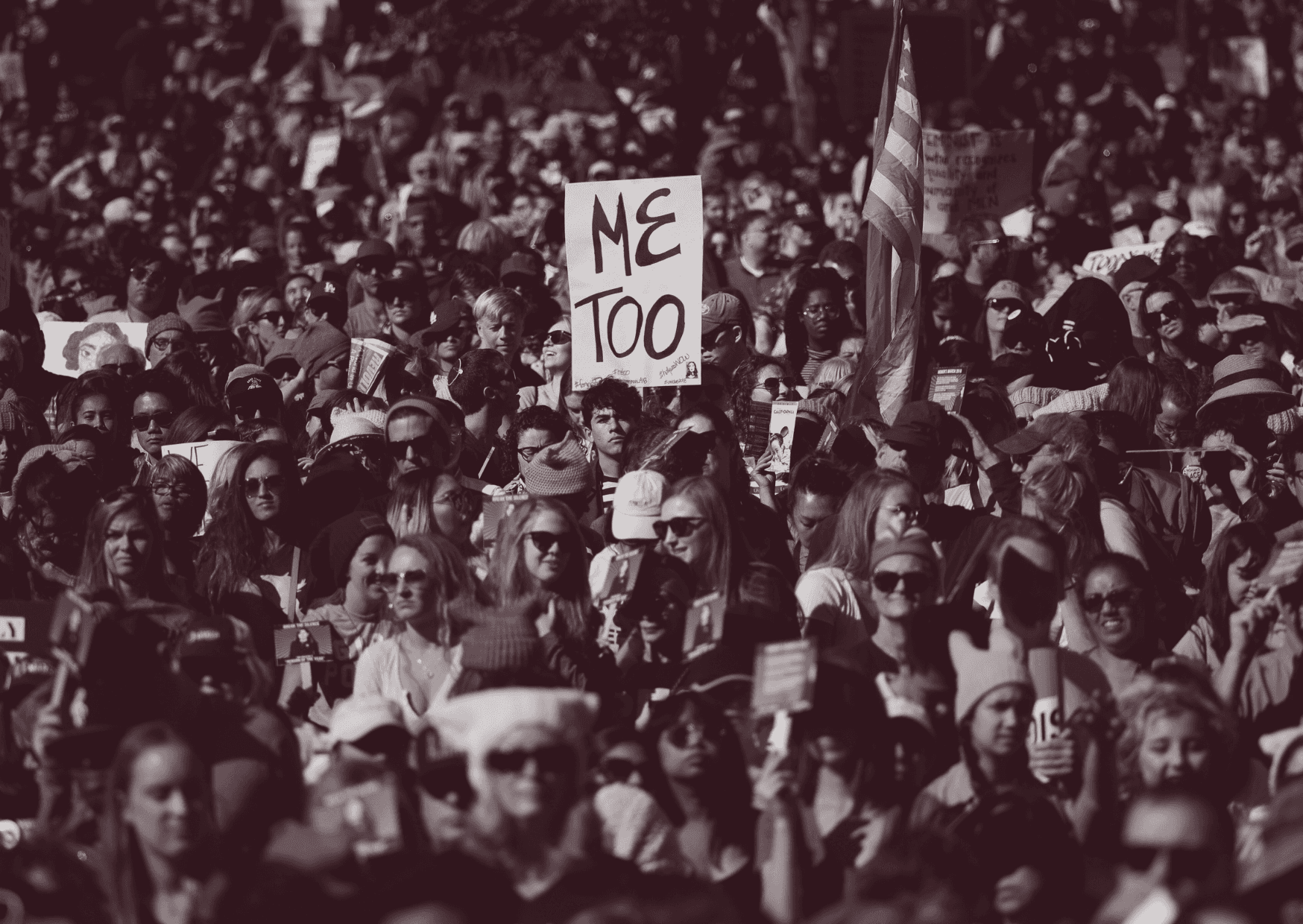
DICTIONARY
TREATIES
Treaties are legally binding agreements between two or more parties, often between governments or sovereign nations. For instance, treaties were formed between Indigenous Nations and colonial governments (such as the British Crown or, later, the Canadian government), outlining terms of land sharing, resource use, and relationships. These agreements were meant to be mutually respectful and reciprocal, recognizing Indigenous sovereignty and establishing frameworks for peaceful coexistence.
However, while Indigenous Nations entered these treaties with the understanding that they were sharing land and establishing partnerships, colonial governments often treated them as tools of dispossession—using treaties to justify the seizure of land and resources, with little to no intention of honoring Indigenous rights or sovereignty.
Many treaties have been violated or ignored by the Canadian government, leading to centuries of injustice, including the displacement of Indigenous peoples from their traditional lands, the denial of treaty rights, and the erosion of Indigenous self-determination. These broken promises contribute to ongoing systemic inequalities faced by Indigenous communities today.
Understanding treaties means recognizing that they are not relics of the past, but living agreements that continue to hold legal and moral weight. Upholding treaty rights is essential to active allyship.
*Source:
